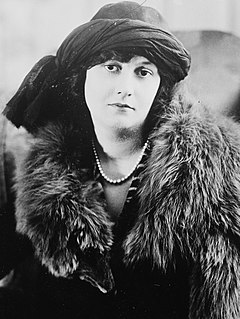A Quote by Charles de Lint
There are few joys to compare with the telling of a well-told tale.
Related Quotes
One describes a tale best by telling the tale. You see? The way one describes a story, to oneself or to the world, is by telling the story. It is a balancing act and it is a dream. The more accurate the map, the more it resembles the territory. The most accurate map possible would be the territory, and thus would be perfectly accurate and perfectly useless. The tale is the map that is the territory. You must remember this.
If, when we compare two versions of a story, the second known to be a retelling of the first, and find that the second has more of a miraculous element, we may reasonably conclude we have legendary (or midrashic or whatever) embellishment. The tale has grown in the telling. This sort of comparison is common in extrabiblical research and no one holds that it cannot properly indicate legend formation there.
...the tale that's told for no other reason but companionship, which is another (and my favorite) definition of literature, the tale that's told for companionship and to teach something religious, of religious reverence, about real life, in this real world which literature should (and here does) reflect.
The artist usually sets out -- or used to -- to point a moral and adorn a tale. The tale, however, points the other way, as a rule. Two blankly opposing morals, the artist's and the tale's. Never trust the artist. Trust the tale. The proper functions of a critic is to save the tale from the artist who created it.






































